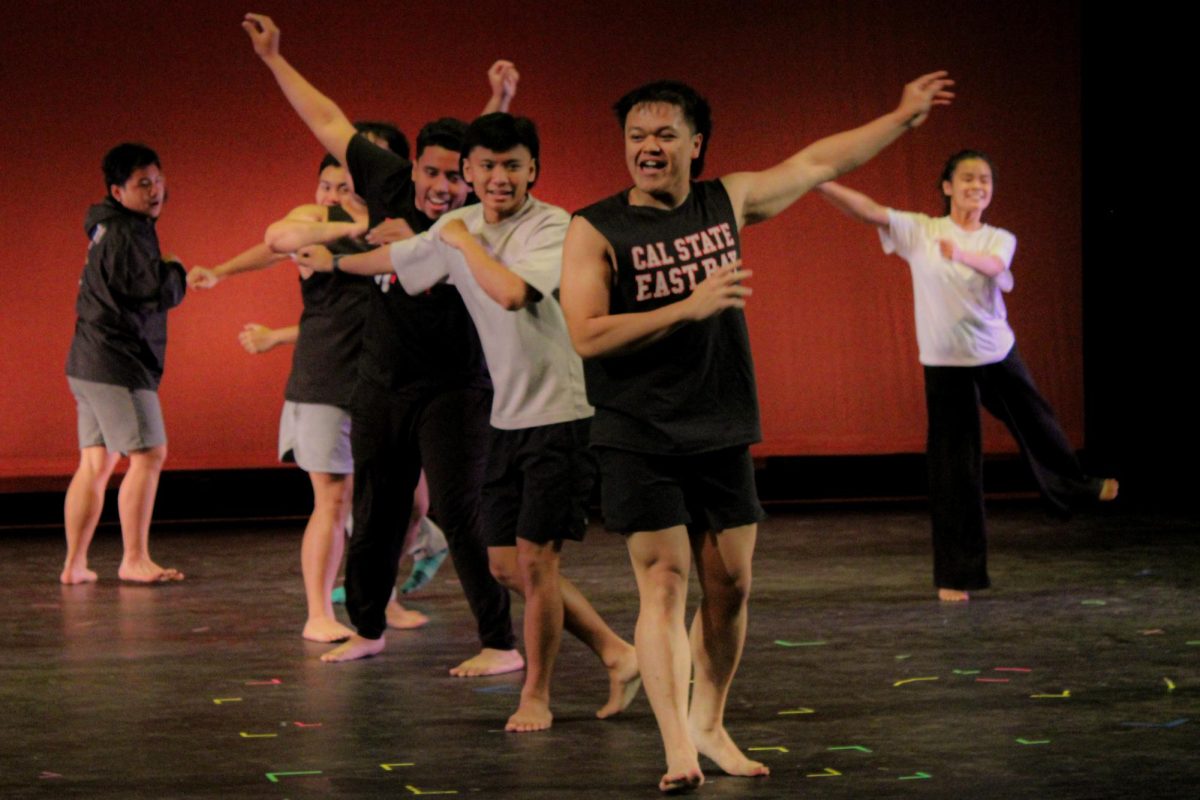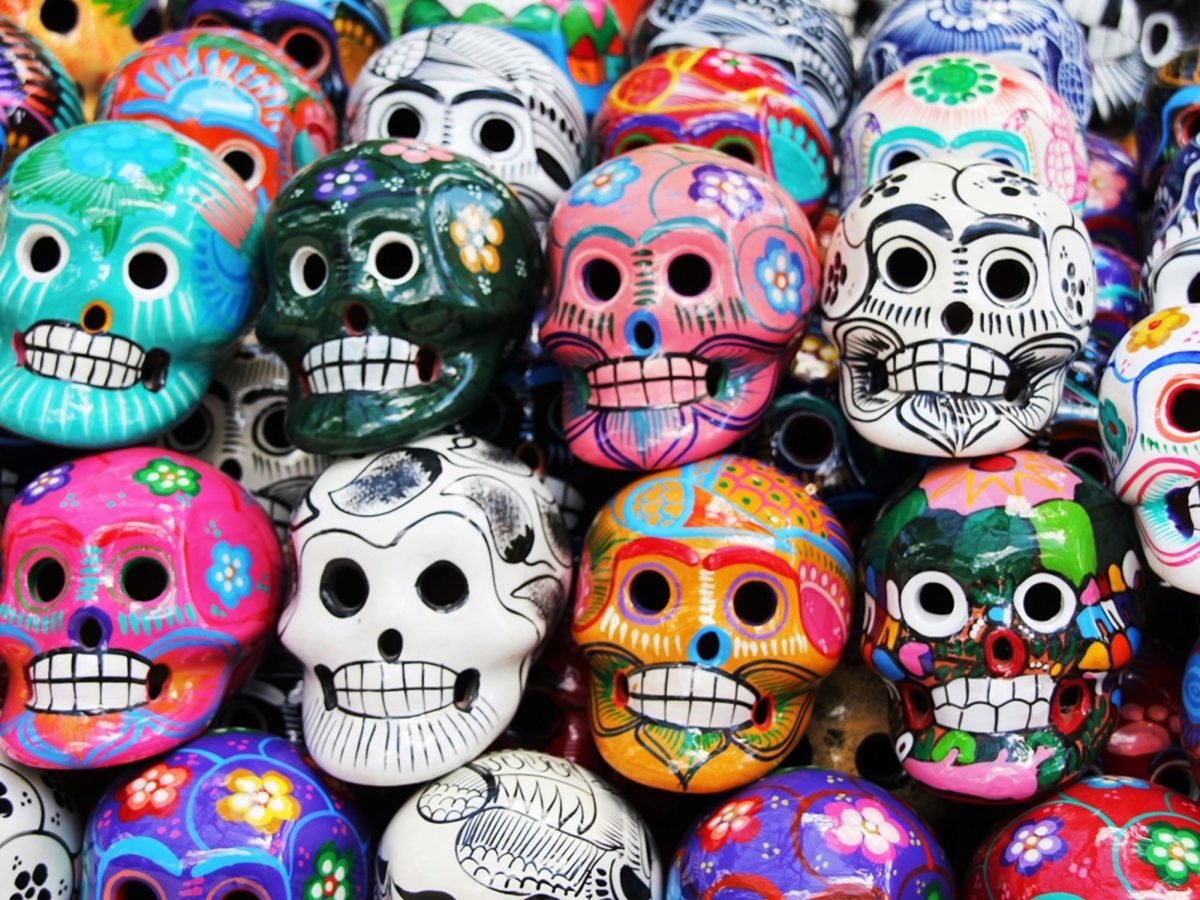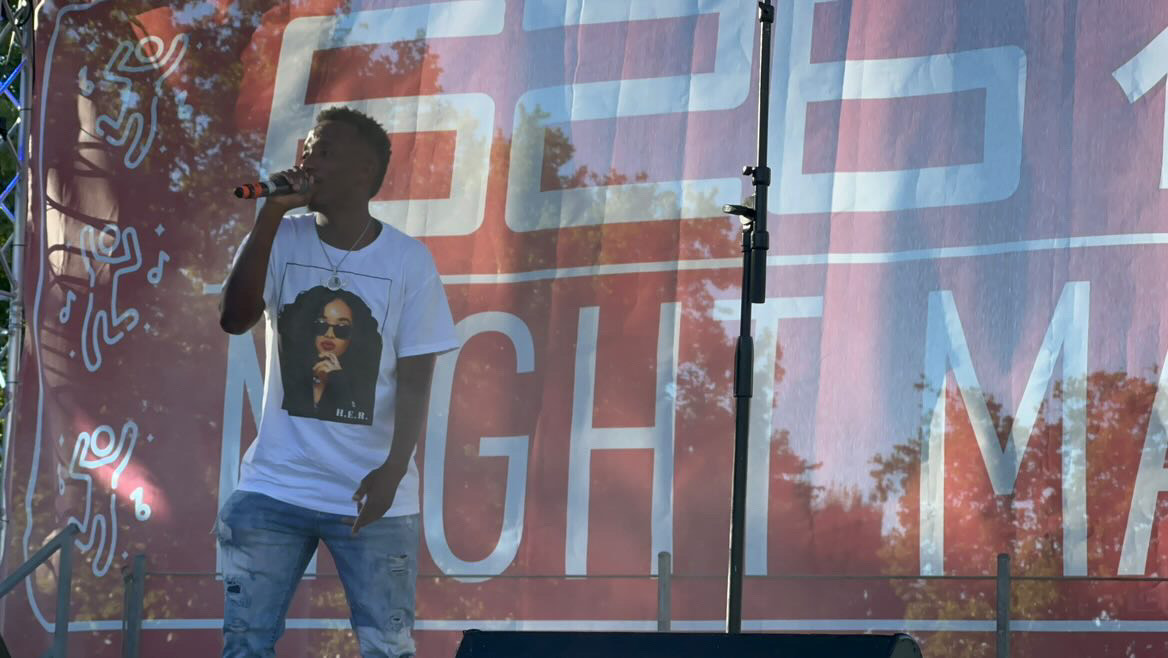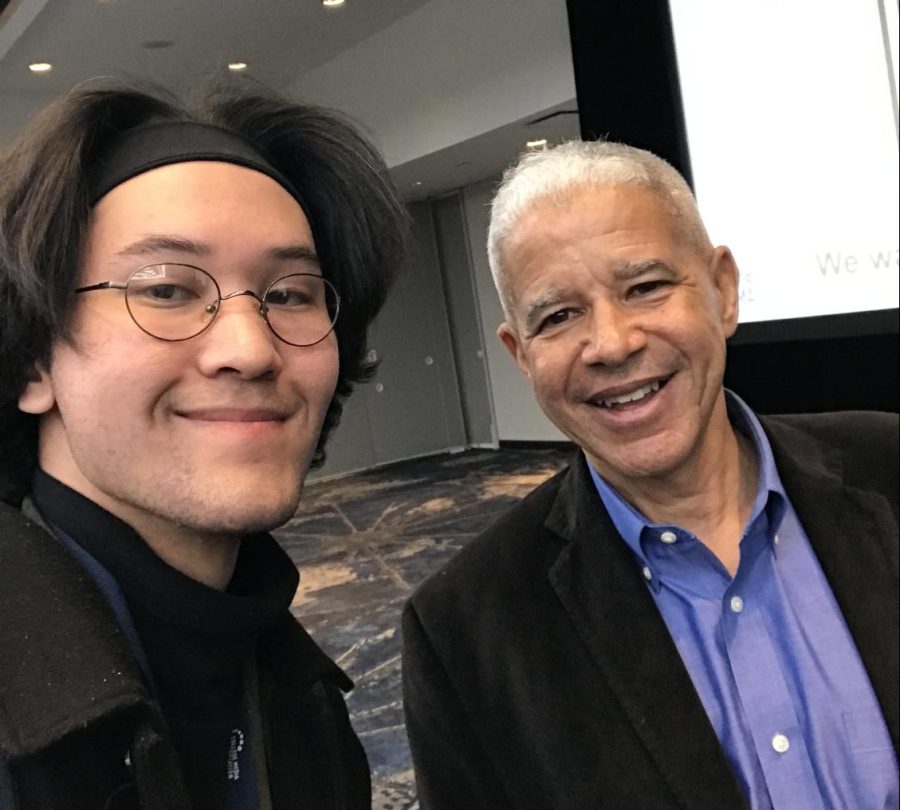In his memoir, “Don’t Shoot,” the self-taught criminologist David M. Kennedy details the last two decades of his career where he worked to lower homicide rates in the roughest neighborhoods in America.
He paints a grueling yet much needed picture of the inner-city youth violence epidemic that sprang up due to gangs and drugs, as raw emotion pours through this memoir by a man who spent much of life dedicated to these damaged communities.
It is this memoir of his powerful ideas to fix these problems that has begun to succeed against enormous odds.
Kennedy started his escapade against homicides and drug markets in the 1980s at the height of the crack epidemic, devoting his career to reducing gang and drug-related violence.
Currently the Director at the Center for Crime Prevention and Control at John Jay College of Criminal Justice in New York City, Kennedy is known for his previous involvements in the organization and implementation of the “Boston Gun Project,” whose sole purpose was to reduce homicide rates in Boston.
The project re-examined how police work was done and how it should be reworked to be more effective at reducing crime without having to throw more colored, specifically African-American, men in jail.
According to Kennedy, as long as the police view gang members as barbarous criminals with no respect for their lives, then no trust will be built.
Kennedy also concluded community members believe law enforcement does not care for their safety and are less likely to go to them when crime floods their neighborhood.
Although the book focuses primarily on his catalogues of success and the imminent let-downs of consistency with his projects in other cities and their eventual demise, it also expresses an intriguing character revelation.
Kennedy’s persona shines through a summary of his experiences with insomnia, stress and an obsessive work ethic to create positive change for people’s lives.
It was failures like these that drove Kennedy to expose in his memoir his personnel agitation and self-destruction.
Kennedy expressed in his memoir he is deeply hurt and saddened by cities’ inability to maintain his projects.
The most fascinating thing about the book is that it is personal on all accounts, despite Kennedy’s apparent attempts to stray from it being so.
Kennedy reveals through an interesting writing style his persona of a man who cares about the neighborhoods he worked in and helped.
“Don’t Shoot” is a recommended book to read, as Kennedy writes his memoir like a man telling a dynamic, enthralling story to be a source of inspiration to bring attention to the unfortunate problem of violence in our communities.
Truly, Kennedy’s book is a revelation for criminal justice, but the implications run deeper still.
Kennedy ends his memoir with such emphasis on communication and teamwork, which shows through his strong belief, a change can happen if people stay consistent and positive.
“We sit down, we talk to each other, we say how it’s going to be, and we do the work,” expressed Kennedy. “It’s not a miracle. It’s work. Time to go to work.”











